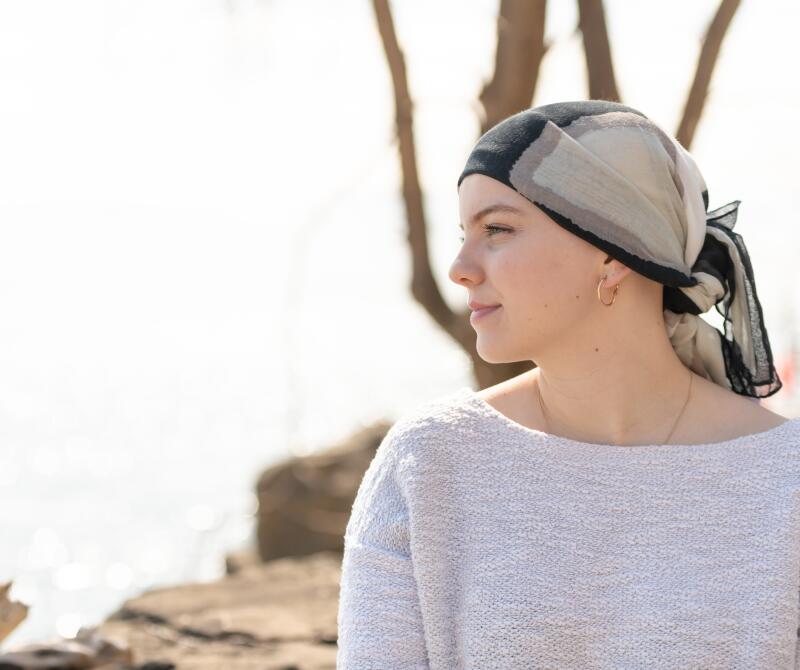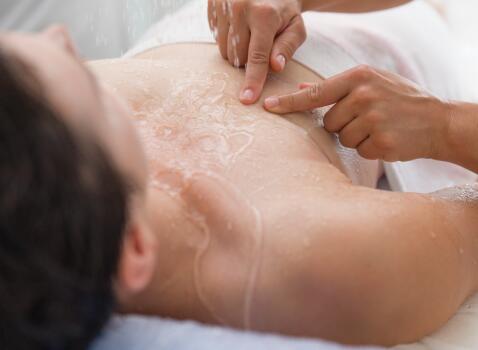Skin and cancer
Eau Thermale Avène answers your questions
When the skin is sensitised by oncological treatments, when it becomes more reactive, what’s the best way of taking care of it every day? How can I look after it? What is the right skincare routine to adopt? Dry skin, skin irritation or damage to the skin: how do you reduce and relieve the side effects of cancer treatments on the skin?
Advice from Dr Ariadna Ortiz-Brugués, dermatologist and Medical Director of the Eau Thermale Avène brand and from Joëlle Nonni, head of the skin health education workshops at the Avène Hydrotherapy Center.

Which skin care routine should you adopt?
Identify what it really needs with the help of our experts and discover the most suitable skin care routine for you.

